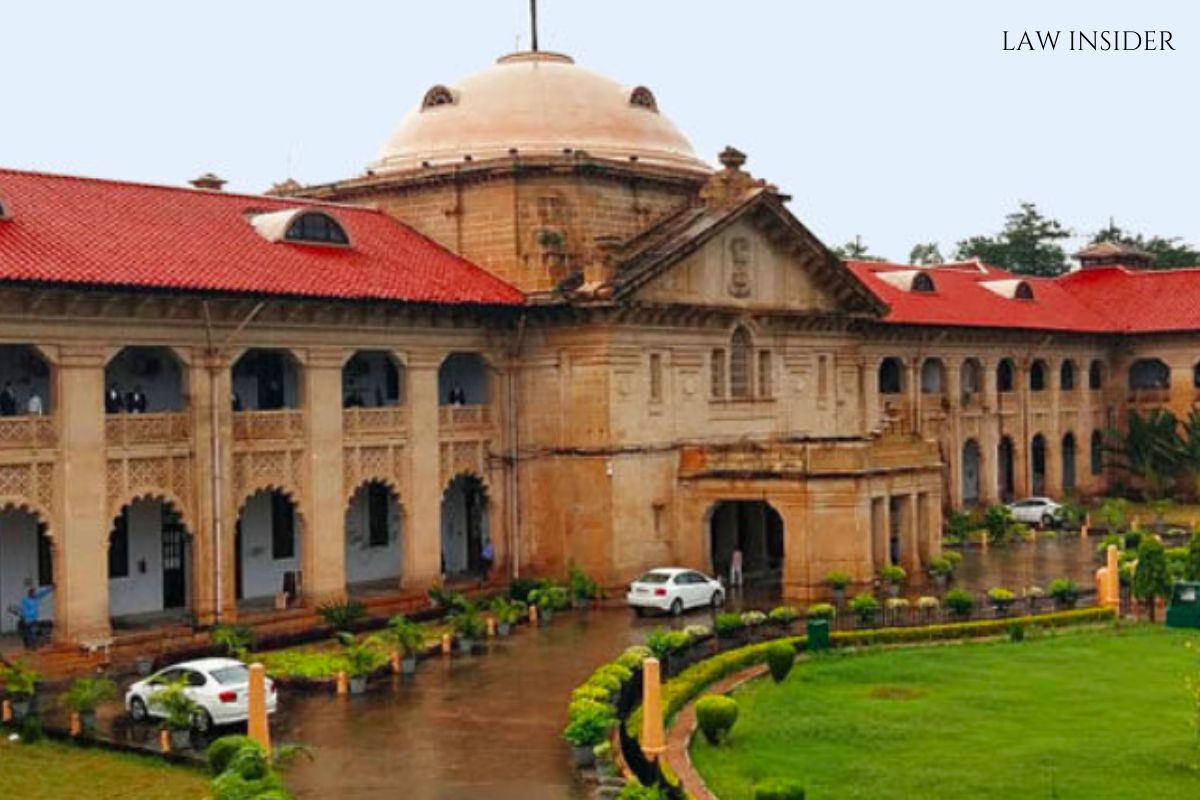LI Network
Published on: October 22, 2023 at 11:02 IST
The Allahabad High Court, in a recent verdict, underscored that the right to an extension of a lease can emanate either from statutory provisions or the terms stipulated in a lease agreement between the concerned parties.
The court held that extensions cannot be granted solely because a judicial order prevented the petitioner from conducting mining activities. This notable judgment was delivered by a bench comprising Justice Siddhartha Varma and Justice Manoj Bajaj.
The court relied upon the Supreme Court’s precedent in the case of Dharmendra Kumar Singh Vs. State of U.P. and others. In this case, the apex court emphasized that the right to lease extension is derived from either a statutory provision or the terms agreed upon in the lease between the parties involved.
It was made clear that an obstructed period due to a judicial interdict should not serve as a basis to extend the lease if the statutory provisions and lease terms do not allow for it.
In the case at hand, the petitioner had applied for a license/permit following an advertisement inviting E-tenders under Rule 23(2)(a) of the Uttar Pradesh Minor Minerals (Concession) Rules, 1963. The permit was granted for six months, with the exception of the monsoon season (July, August, and September), during which no mining was permitted.
An environmental clearance issue arose when one Dileep Singh approached the National Green Tribunal (NGT), alleging the absence of proper environmental clearance for the petitioner. The NGT issued an interim stay on the petitioner’s mining activities on the disputed land. Subsequently, while disposing of the original application by Dileep Singh, the NGT directed the State Environmental Impact Assessment Authority, Uttar Pradesh (SEIAA) to reevaluate the environmental clearance within two months, maintaining the interim order during this period.
Once the environmental clearance was obtained, the District Magistrate permitted the petitioner to work for the remaining five months and 21 days. However, this order was later withdrawn, citing a precedent set by the High Court in the case of Vijay Kumar Dwivedi vs. State of U.P. and 3 Ors.
In the petitioner’s defense, counsel referred to Supreme Court decisions in Beg Raj Singh Vs. State of U.P. & Ors. and Chowgule and Company Private Limited Vs. Goa Foundation and others, arguing that if litigation prevents the petitioner from conducting mining activities during the lease period, the time for mining should be extended.
Conversely, the respondent’s counsel invoked the Dharmendra Kumar Singh case to contend that the lease could only be extended if there was a statutory provision or a condition in the lease agreement allowing for an extension, in cases where the petitioner’s work was hindered due to intervening litigation.
The Court, recognizing the hindrance faced by the petitioner due to interim judicial orders, pointed out that the petitioner had the remedy of a refund under Rule 41(h) of the Uttar Pradesh Minor Minerals (Concession) Rules, 2021.
In its verdict, the Court partially allowed the writ petition and ordered that the petitioner be refunded the royalty for the period during which no work was conducted.
Case Title: M/S Manali Vintrade Private Limited v. State Of U.P. And 3 Others [WRIT – C No. – 26588 of 2023]

